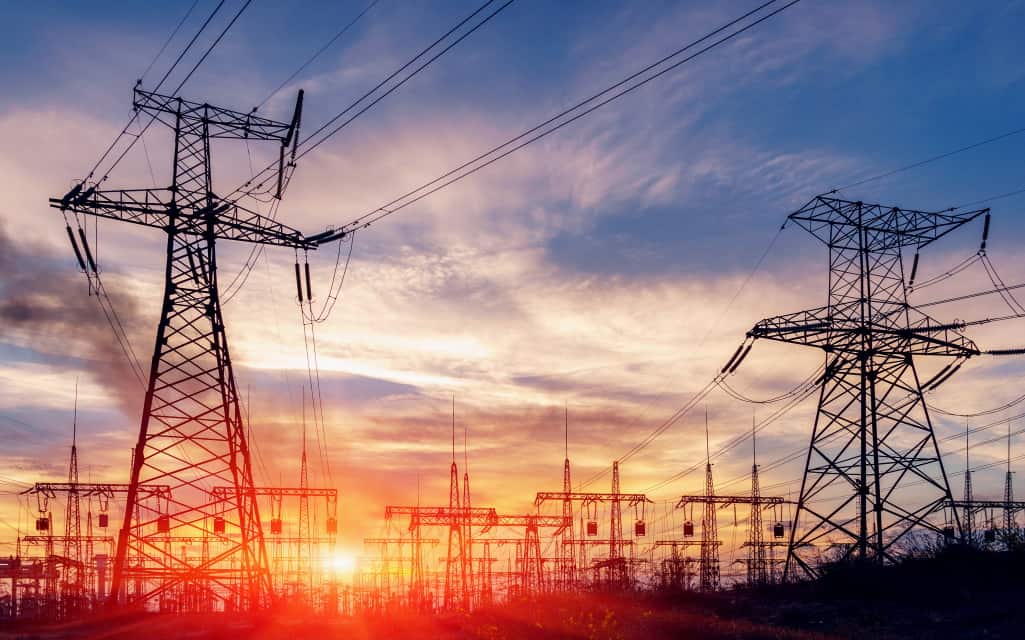There’s been considerable debate over the past several years about how the energy we use on a daily basis impacts the global environment, and there are many strong opinions on all sides of the discussions. Some people would like to eliminate traditional sources of energy like coal and other fossil fuels and replace them with newer options, such as solar or wind power. Others believe that there’s a happy medium to be found between the old and the new.
Is there a one-size-fits-all solution?
Not yet. But one thing is certain: As the debate continues, many energy companies are evaluating how they produce their products and deliver their services, while at the same time exploring ways to continue to be viable while still profitable. Others are attempting to develop long-term solutions that are both sustainable and friendly to the environment.
It’s not only big, but smart business. Last Fall, Forbes reported that companies were continuing to buy clean energy at record pace, making corporate buyers a major player in the renewable power sector.
Bradley Fauteux, an environmental advocate with two decades of experience in leading conservation work, is enthusiastic when he discusses the continuing mission to move toward a carbon-neutral world through reduced energy consumption and environmentally-friendly solutions.
“We are beginning to see energy-friendly solutions being implemented globally, and that is promising news,” says Brad Fauteux.
For example, efforts are being directed at engineering smarter electric grids by building better batteries to store renewable energy, and capturing carbon dioxide from other sources with the goal of turning it into valuable products such as gasoline.
Additionally, hydrocarbons will continue to play a large role in meeting the increase in clean energy demand, and alternative sources of oil and gas, including oil sands, will become increasingly important. Social and environmental issues will be addressed with innovative technological development as more groups jump on board to execute new strategies against climate change.
Passion for the planet is in Brad Fauteux’s DNA. The longtime business leader and environmentalist is a graduate of Wilfrid Laurier University in Waterloo, Ontario who also holds a Management Certificate from the American Management Association International.
Brad Fauteux says it’s eminently possible for energy providers to provide clean alternatives, noting that the renewable generation footprint in Canada and other parts of the world has long embodied the commitment to the development of clean energy production as well as responsibility to future generations.
Whereas traditional energy suppliers rely on non-renewable sources like coal, gas and oil, some companies are switching to renewable energy that is generated by natural sources such as wind, solar and water. In the United Kingdom, thanks to companies like Good Energy, which was the first utility provider to switch to 100% renewable energy, are moving toward sustainable practices.
Similarly, utility company OVO Energy’s sustainability strategy includes plans to reach net-zero carbon operations by 2030. This, partnered with the plan to cut customers’ total carbon footprint in half by 2030, make it an attractive choice for anyone interested in the environment.
Read More: 5 ways to make your office environmentally friendly
“There are many ways we can reduce or eliminate our impact on the environment,” explains Fauteux. “If a customer is interested in switching to a more eco-friendly energy company, they can start by calling providers directly or going online to research the best options. Any step we can take individually to reduce our carbon footprint will result in favourable outcomes collectively.”
Businesses can also benefit from switching to an environmentally friendly energy provider. If a building is using oil or natural gas, it will most likely result in higher monthly energy bills. They could be spending thousands of dollars more on energy than their competitors who use renewable energy providers.
In addition to lowering greenhouse gas emissions, Bradley Fauteux says companies that choose renewable energy sources through environmentally friendly providers also gain the added bonus of a good reputation by socially conscious consumers and stakeholders.
“It’s a win-win for all: businesses save money, they gain respect in the community for becoming environmentally aware, and most importantly they are preserving the planet.”



